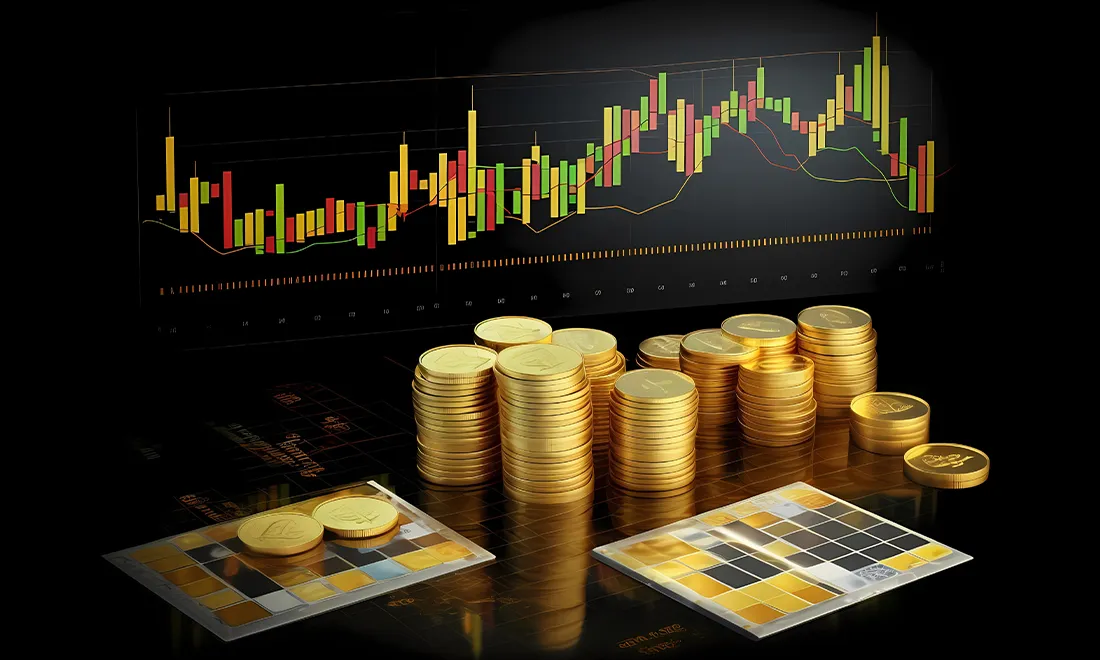The decision to sell gold is influenced by a complex interplay of economic, geopolitical, and market factors. Let’s delve into some key considerations to help you make an informed decision:
Economic Indicators
- Inflation: Historically, gold has been seen as a hedge against inflation. If inflation rates are rising, the value of gold may increase.
- Interest Rates: Rising interest rates can sometimes negatively impact gold prices as investors may shift their focus to higher-yielding investments.
- Interest Rates: Rising interest rates can sometimes negatively impact gold prices as investors may shift their focus to higher-yielding investments.
Market Trends
- Gold Price Fluctuations: Monitor short-term and long-term gold price trends. While short-term fluctuations can occur, long-term trends might indicate potential investment opportunities.
- Investor Sentiment: Understanding market sentiment can provide insights into future price movements. High investor demand typically drives prices up.



